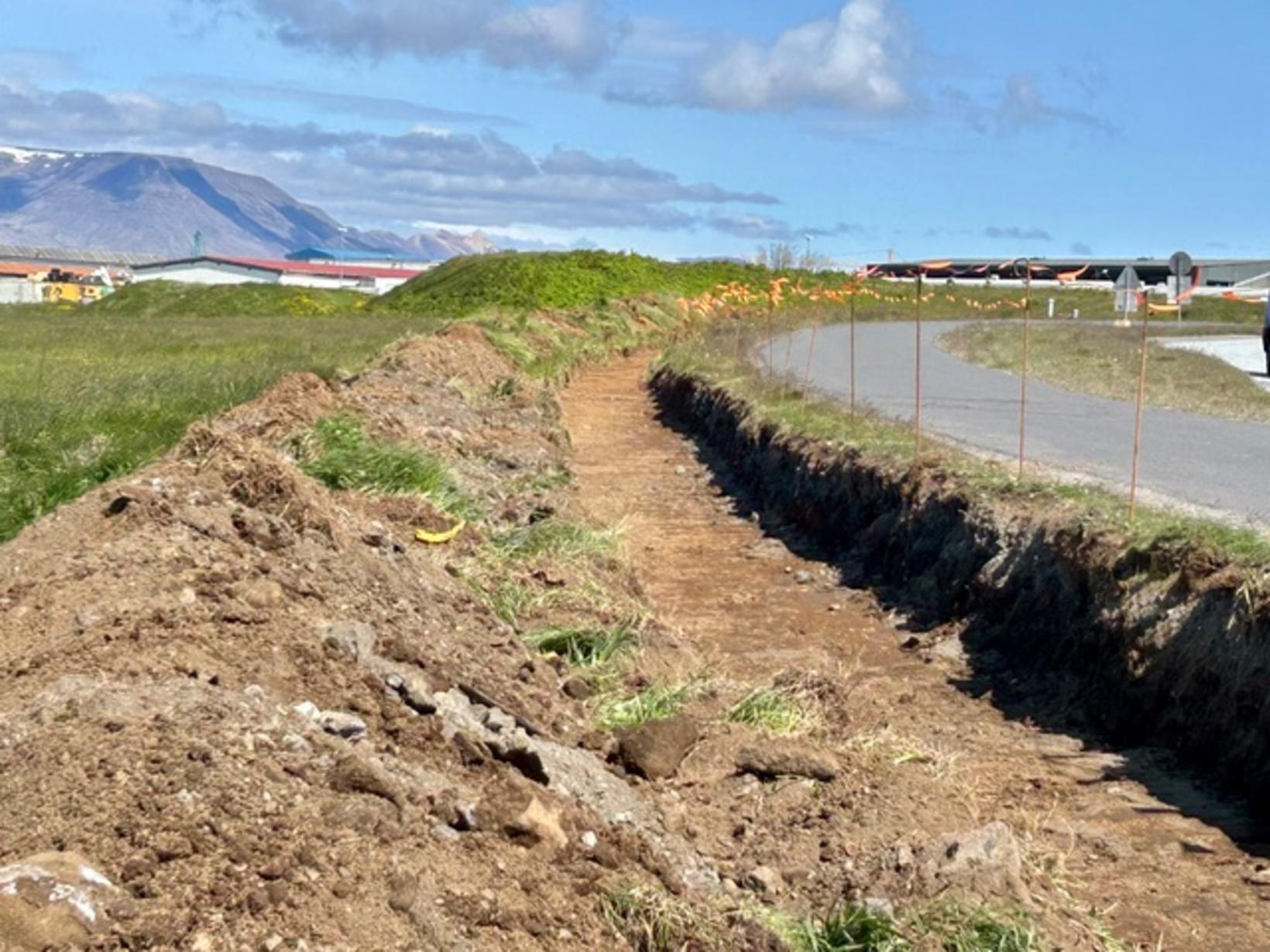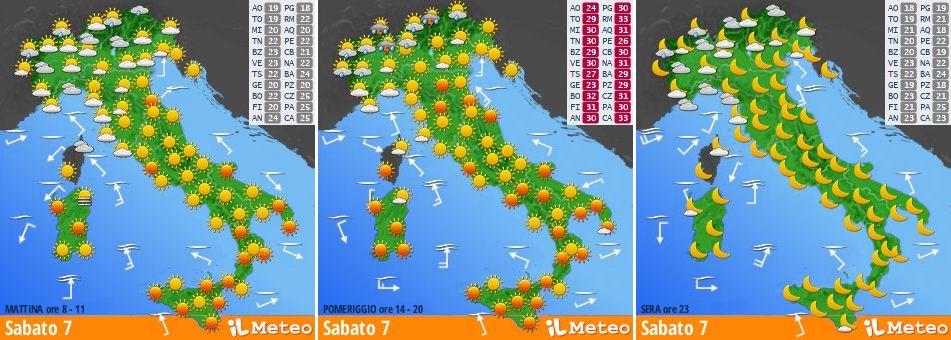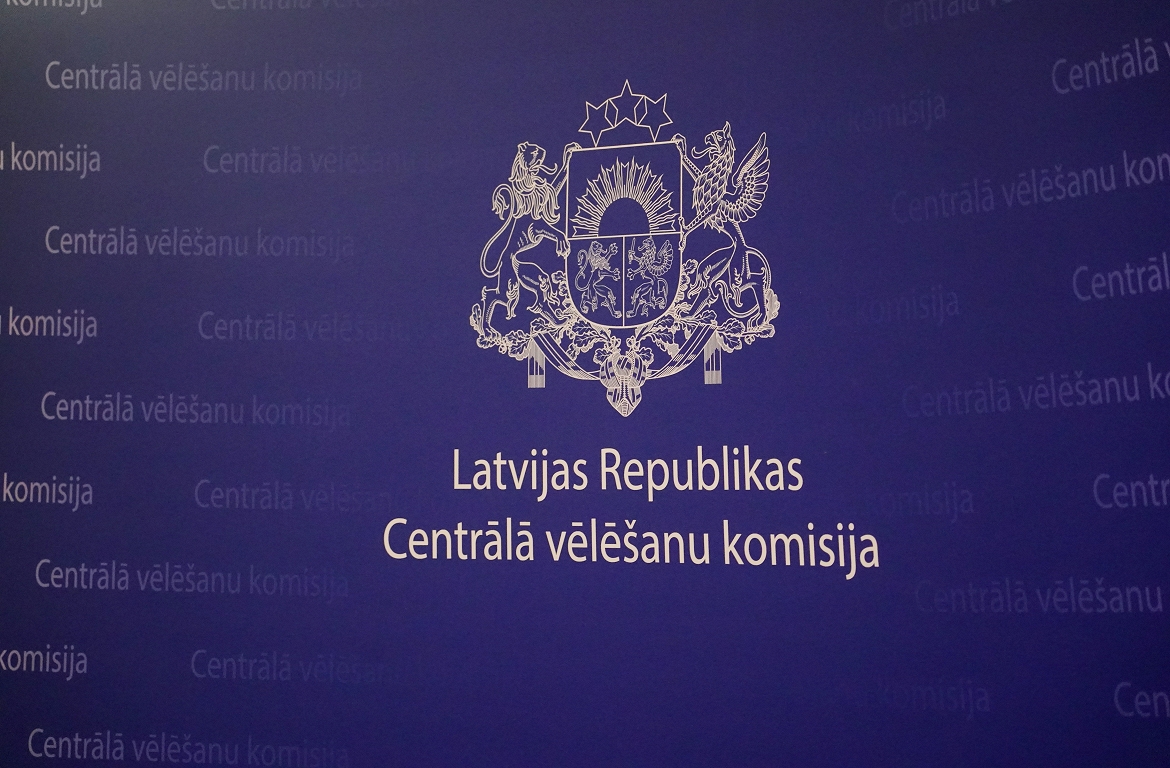Here are 4 things you should avoid to lower blood pressure

Risk factors for high blood pressure include age, ethnicity, unhealthy diet and overweight. If not treated, it can lead to heart attacks or strokes as well as other complications such as vascular dementia and heart failure.
Fortunately, you can reduce the risk of developing high blood pressure and help keep it under control through your lifestyle choices. Researchers have found that certain types of food play a key role in handling hypertension – and while some, including lean protein and whole grains, may be beneficial, others should be avoided.
British Heart Foundation (BHF) says you don’t necessarily have to exclude these four things completely from your diet, but that you should be aware of how much you consume.
Their recommendations are based on research from the early 1990s, which introduced a diet called Dash (Dietary Approaches to Stop Hypertension) still used today.
1. Salt
We should consume a maximum of 6 grams of salt a day, according to BHF – that corresponds to a teaspoon. Salt is found in foods such as olives, chips and sauces as well as meat such as ham, bacon and sausages.
Foods you may not be aware of containing salt include bread and breakfast products – so it is always a good idea to check labels and choose low salt products. In addition, you should try to avoid high salt food foods.
2. Sugar and fat
Although sugar and fat do not directly affect blood pressure, foods with high content of these are often calorie tongue and can lead to weight gain if you consume too much. And weight gain is associated with high blood pressure, says BHF.
3rd alcohol
Alcohol can both increase blood pressure and lead to weight gain over time – which in turn affects blood pressure. It is therefore recommended to follow the government’s guidelines and take a maximum of 14 items a week. But if you can take less than this, then of course it’s just a plus.
4. Caffeine
Caffeine can increase blood pressure, but moderate intake (for example, four to five cups of caffeinated drinks a day) should be fine for most. However, caffeine can affect the blood pressure of people who are particularly sensitive to it.
Caffeine is found not only in tea and coffee, but also in certain sodas, energy drinks and chocolate. In addition, BHF also recommends focusing on consuming foods that can help reduce the risk of high blood pressure.
They suggest replacing refined starchy carbohydrates such as white bread, pasta and rice with whole grain products such as brown rice, whole grain bread and oatmeal.
Lean protein sources are also recommended as chicken, turkey, fish, eggs and beans have a lower calorie content than cooler sources. It makes them good at keeping the weight under control, which in turn can help lower blood pressure.








